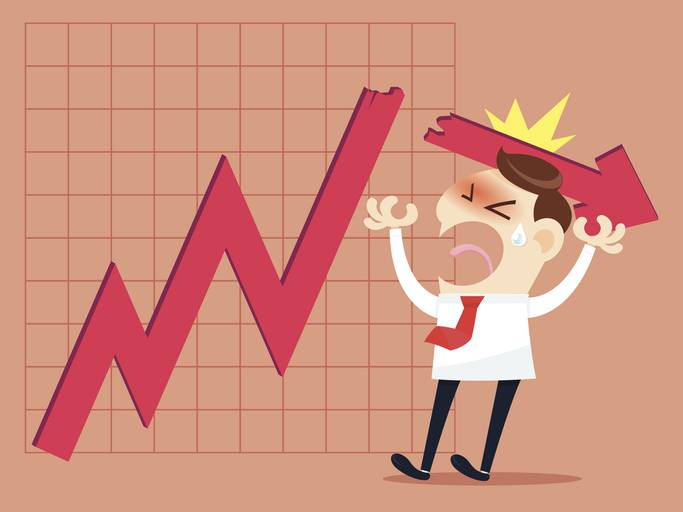Apple‘s recent performance in China reads like a cautionary tale. The iPhone behemoth, synonymous with innovation and luxury, is confronting a perfect storm of challenges in its second-largest market, with sales plummeting nearly 13% to $20.8 billion in the greater China region during the December quarter. This downturn is more than a mere blip on the radar; it’s a loud wake-up call for the Cupertino colossus.
The Huawei Phoenix Rises
Central to Apple’s woes is the resurgence of Huawei, a company that, against all odds, has clawed its way back into the 5G smartphone market with the launch of its Mate 60 series. This comeback, a direct affront to the U.S. sanctions that sought to kneecap Huawei’s access to vital 5G tech and Google software, marks a significant pivot in the high-end smartphone wars. Huawei’s re-emergence as a viable contender not only reinvigorates the brand but also lures back customers who, in the interim, had turned to Apple for their tech fix.
The Battle Intensifies
But Huawei isn’t Apple’s only concern. The high-end smartphone market in China is becoming increasingly crowded, with domestic powerhouses like Xiaomi and Oppo offering premium features at more palatable price points. This intensified competition is squeezing Apple from all sides, challenging not only its older models but also the allure of its latest offerings.
Consumer Caution: The Economic Shadow
China’s economic landscape, marred by the shadows of a faltering property sector and tepid consumer demand, casts a long shadow over Apple’s prospects. With consumer confidence wavering, the allure of more affordable yet high-end alternatives becomes increasingly compelling. This shift in consumer behavior underscores a broader trend of pragmatism over brand loyalty, a significant hurdle for Apple to overcome.
The Cool Factor: Apple’s Brand Dilemma
Once the hallmark of cool, Apple’s brand appeal, especially among the coveted Gen Z demographic, is showing signs of wear. The tech titan’s hesitancy to jump on the foldable smartphone bandwagon or to tout AI capabilities in its devices has not gone unnoticed. In a market that prizes innovation and novelty, Apple’s cautious approach to new technologies may be eroding its “must-have” status, a dangerous trajectory for a brand that has long relied on its aspirational appeal.
Geopolitical Gyrations
Navigating the intricate dance of geopolitics adds another layer of complexity to Apple’s China strategy. With reports of Beijing extending bans on iPhones and other foreign tech within government circles, the geopolitical chess game is more than a backdrop; it’s an active player in Apple’s fortunes.
Forward Path: Innovation or Stagnation?
As Apple stands at this crossroad, the path forward is fraught with challenges yet ripe with opportunity. Innovation, or the lack thereof, will be a critical determinant of Apple’s ability to reclaim its throne in China. Whether Apple can once again capture the imagination of consumers and outpace its rivals in the innovation race remains to be seen. But one thing is clear: the tech titan cannot afford to rest on its laurels in a market as dynamic and competitive as China.
In the grand narrative of tech titans, Apple’s current predicament in China is more than a chapter of setbacks; it’s a pivotal moment that could redefine its global trajectory. The coming months will be telling, as Apple navigates through these turbulent waters, the eyes of the world—and the market—watching closely.
Stay up to date on other relevant news in our “Stock Market” section.





